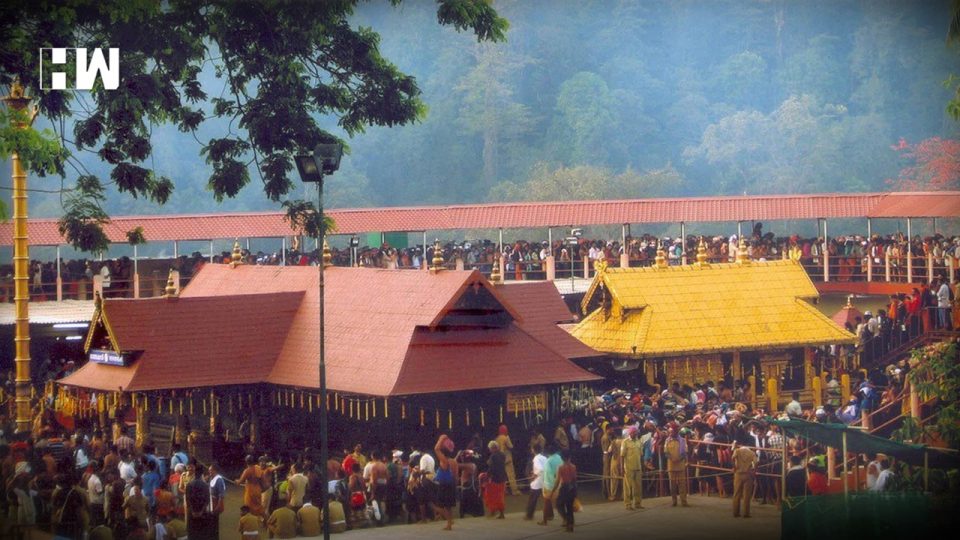New Delhi | Women activists Friday hailed the Supreme Court judgement allowing women into the Ayyappa temple at Sabarimala in Kerala, but expressed concern over its acceptance at the ground level by people.
A five-judge constitution bench headed by Chief Justice Dipak Misra, in its 4:1 verdict, said that banning the entry of women into the shrine is gender discrimination and the practice violates rights of Hindu women.
Kavita Krishnan, women rights activist and Secretary of the All India Progressive Women’s Association (AIPWA), said the decision was long overdue. “In Instant Triple Talaq, Haji Ali, and Sabarimala cases courts have rightly held that women’s equality can’t be held hostage to religious practices. Just as it’s unconstitutional and discriminatory to debar entry to temples based on caste, it’s the same to debar entry based on gender. Also, we project our own values on our gods – and patriarchal values that put the burden of men’s celibacy or sexual choices on women are deeply damaging to women in real life,” Krishnan said.
“If men – or gods – want to be celibate that’s their own responsibility, they can’t keep women out of their sight. If you’re celibate only in a woman’s absence, you’re not really celibate are you? I hope the Sabarimala temple authorities and the Kerala Devaswom Board and Kerala government will not flout the SC order but will honour it,” she said.
Mariam Dhawale, General Secretary of The All India Democratic Women’s Association, called it another step that would help in bringing equality. “We welcome the judgement. Women have a constitutional right to be able to visit the temple and whoever wishes must be allowed to visit it whether it is a temple or a dargah,” she said.
Chhavi Methi, a women rights activist welcomed the judgement, but said its acceptance remains to be seen. “I am doubtful the temple authorities would take it in the right spirit. Women would accept it but its implementation might pose a problem,” she said.
Annie Raja, General Secretary of National Federation of Indian Women, said not allowing women inside temples on the basis of a biological factor was “very wrong”. “Any social reform takes time for acceptance, this is another social reform that would require time for acceptance,” Raja said.
Another women rights activist Vani Subramaniam said the decision is an extension of various pro-equality judgements taken by the Supreme Court, but she too expressed concern over the community’s reaction to it. “Question remains to be seen how it is accepted in the community and by the people at the ground level,” she said.
National Commission for Women Chairperson Rekha Sharma also welcomed the decision, saying it gives women the right to choose where to go. Lauding the Supreme Court judgement, Delhi Commission for Women chairperson Swati Maliwal said the country has waited for very long for this judgement.
“We are living in a democratic country where the order the Supreme Court has to be followed. I appeal to all states to follow the order in letter and spirit,” she said.
As an independent media platform, we do not take advertisements from governments and corporate houses. It is you, our readers, who have supported us on our journey to do honest and unbiased journalism. Please contribute, so that we can continue to do the same in future.

